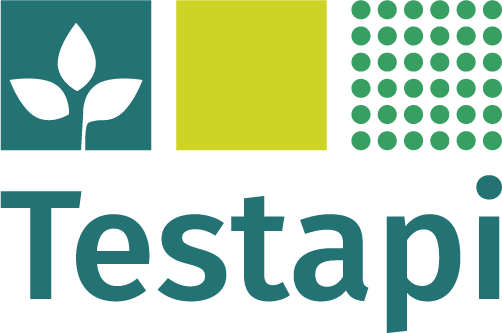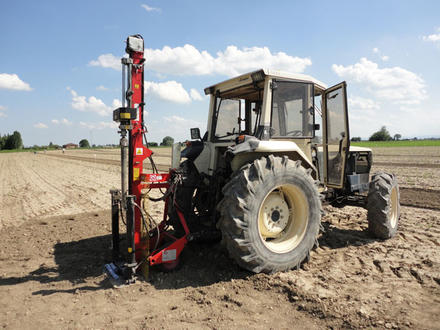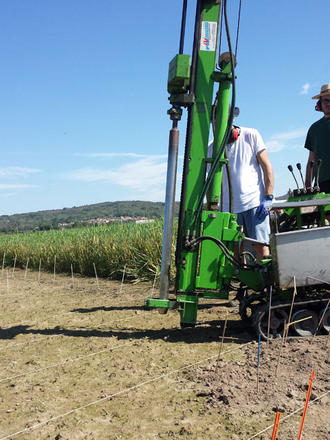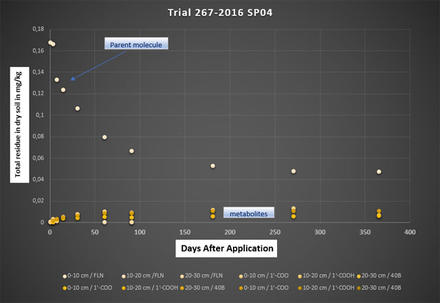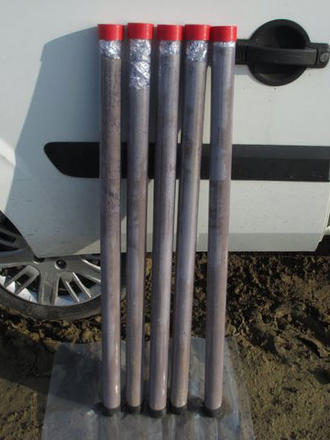Soil studies (dissipation / accumulation)
Thank to its GLP accreditation in the GLP domain n°5 (studies on behaviour in water, soil and air, bioaccumulation) and long experience of such studies, Testapi sets up and manages soil dissipation and soil accumulation studies.
The goal of a Terrestrial Field Dissipation and Accumulation study is to provide answers about the behavior in soil of PPP applied in conditions that are representative of their commercial use.
Well-designed soil studies answer the risk assessor basic question: "where did the pesticide go when applied in the field?" by using a conceptual model in the study design phase.
The harmonization of pesticide regulatory requirements for terrestrial field dissipation (TFD) were carried out under the auspices of the North American Free Trade Agreement (NAFTA), and test guidelines were also developed by the Office of Prevention, Pesticides and Toxic Substances (OPPTS). EFSA provided guidance document which recommended the use of OPPTS and NAFTA guidance.
GLP dissipation studies
They are required when under laboratory conditions the DT50lab is greater than 60 days (at 20°C) or greater than 90 days (at 10°C). Soil dissipation studies should run typically at four different locations and should continue until > 90 % of the amount applied has dissipated. The maximum duration of the studies is 24 months.
GLP accumulation studies
They are required if the DT90 is greater than 1 year (determined on the basis of field soil dissipation studies) and where a repeated application is envisaged, whether in the same growing season or in the following years. Soil accumulation involve multiple applications.
Testapi study directors have a long experience in managing soil dissipation and accumulation studies across Europe and through a network of field partners -well equipped (for soil core down to 90/100cm) and well trained for soil studies- and laboratory partners able to process and analyse the soil samples.
Testapi knowledge and past experience allow to make recommendations for study design and EU field/process/lab teams.
